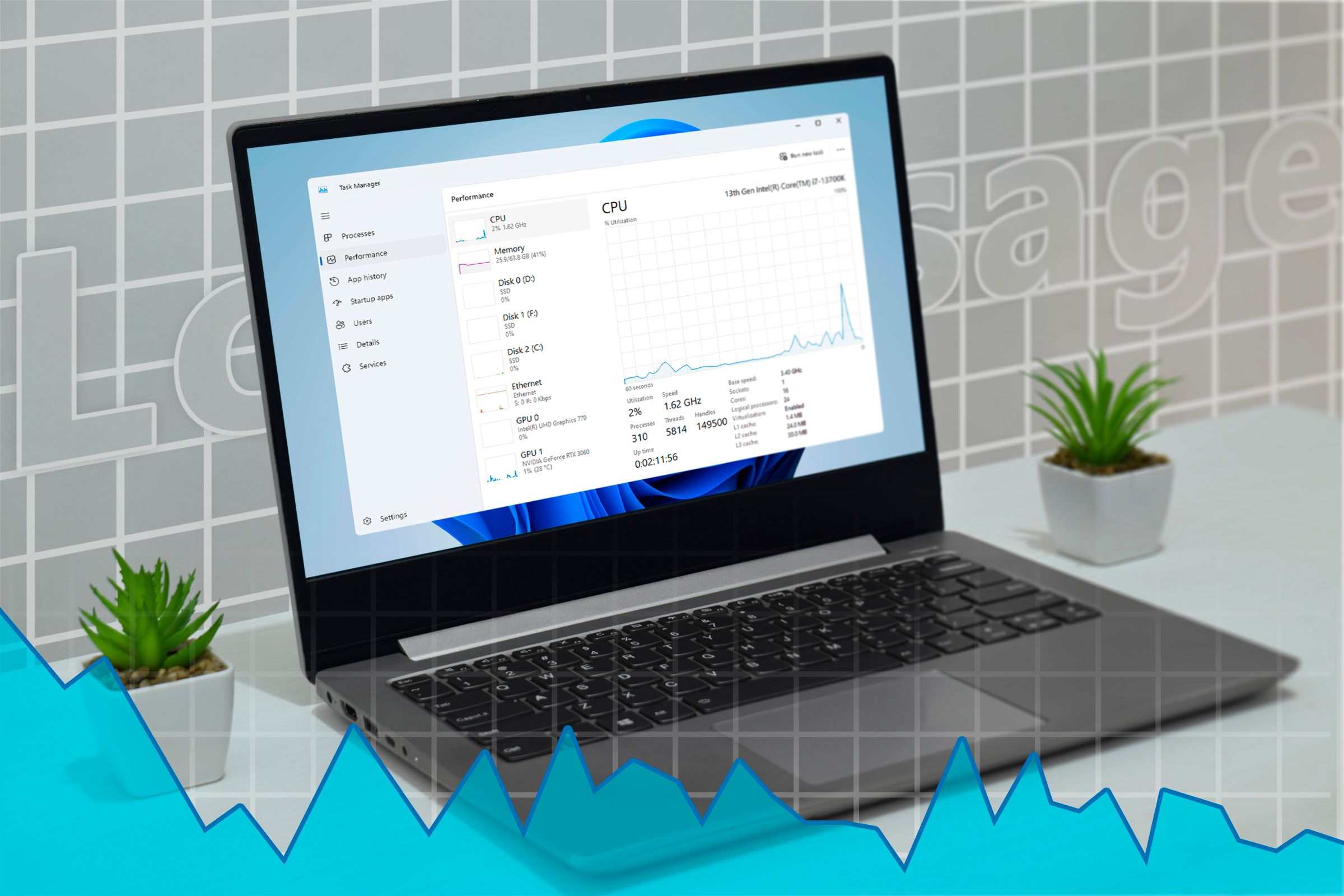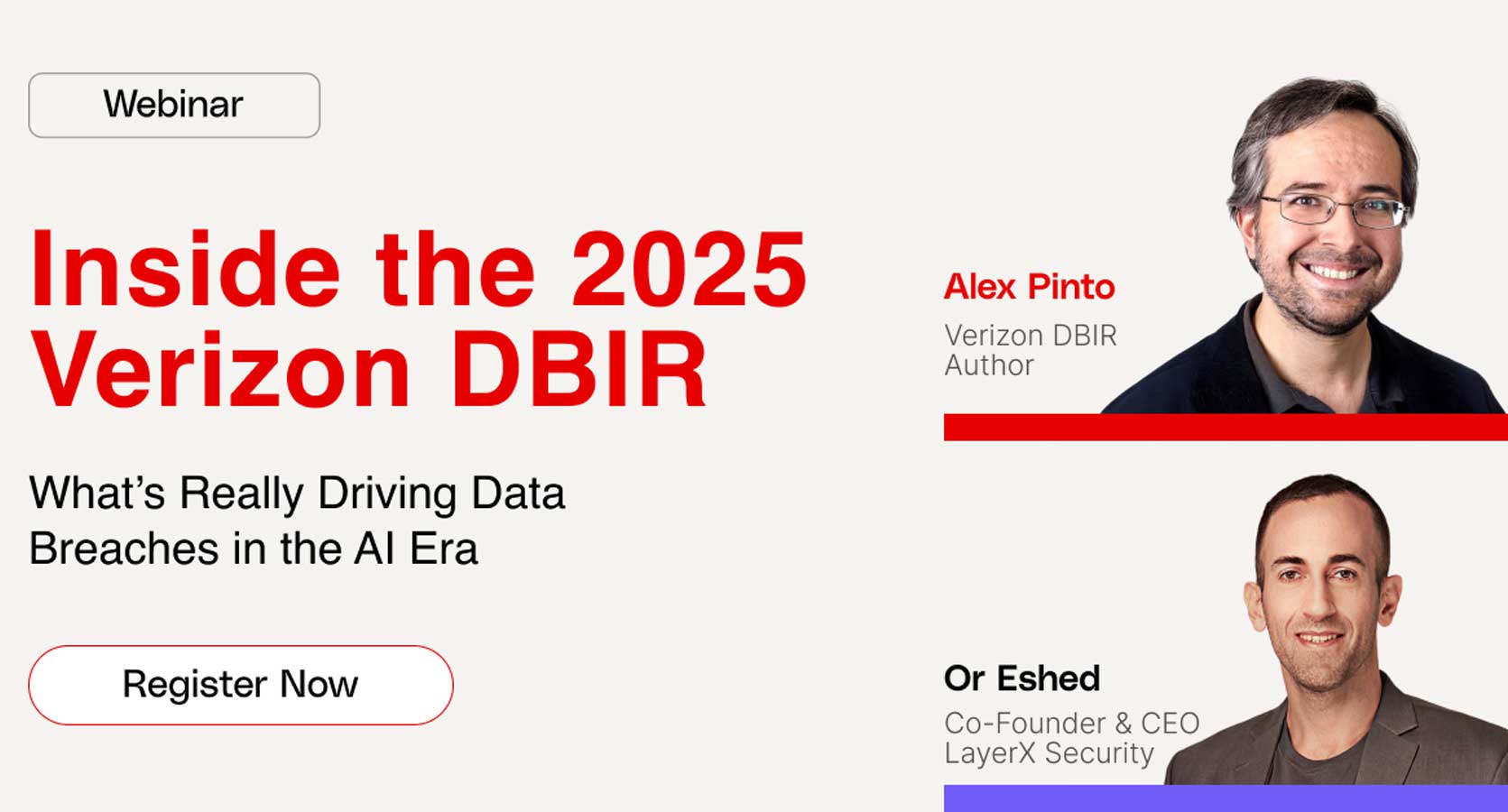Is the Government Watching Me? Do They Read Texts and Emails?

Is the government watching me? The unfortunate answer is yes. Government surveillance has become a global concern due to the ease digital technologies allow for espionage. Now, overreaching authorities in most countries infringe on citizens’ privacy by snooping on their web habits.
Once upon a time, police had to get a search warrant to enter your home. Nowadays, your online activities provide a direct window into your life. Governments know how to exploit this, passing invasive regulations and facilitating widespread surveillance.
Many citizens want to know exactly how much of their daily activities are being monitored. Governments can monitor citizens in many ways, whether by tracking online activity or intercepting communications.
In this guide, we’ll analyze governments’ methods and regulations for surveillance and provide tips and tricks for protecting yourself against government spying and tracking by other unwanted eavesdroppers.
Keep reading to find out whether governments access your texts and emails.
Can the government read your texts and emails?
Unfortunately, there is a technical capability to access both texts and emails. Depending on the circumstances, the government may examine your private conversations.
Governments can work with telephone companies, Internet Service Providers, and email providers to access communications metadata. This provides information about who is communicating with whom and when, as well as the contents of messages.
The NSA files revealed that government agencies tap into communication systems under certain conditions. This is usually purported to be for national security or during active police investigations. However, other cases highlight how widespread government access to emails can get.
In 2016, it was revealed that Yahoo helped the US government snoop on millions of email users by providing a backdoor. This security risk was eventually spotted by other employees, including then-Chief Information Security Officer Alex Stamos, who resigned. This case is a reminder that you must use a secure email service with end-to-end encryption. Otherwise, there is always going to be a risk that government agencies may come looking.
Many governments have passed laws that allow the government to ask phone and Internet companies to provide customer data. In the US, amendments were made to the Foreign Intelligence Surveillance Act in 2008. These even allow the government to request coms data to help with foreign government investigations.
Government hacking programs
Many governments have the means to access phone data, including phone camera spying using sophisticated spyware. They can use these capabilities to intercept SMS messages, emails, and phone calls.
In many countries, this kind of wiretapping requires a proper warrant. However, there is reason to believe that some governments break these rules to spy on citizens. This is common in countries with rigged elections, where authorities rule with an iron fist. In these places, authorities often use their power to clamp down on dissenters with impunity.
In 2015, it was revealed that the Italian spyware company Hacking Team sold sophisticated surveillance tools to many governments. These countries included Ethiopia, Bahrain, Egypt, Kazakhstan, Morocco, Russia, Saudi Arabia, Sudan, Azerbaijan and Turkey. The software provided the means to access all phone data, including to snoop on the camera and microphone.
Tools like Clario AntiSpy are available to detect and remove government spying tools from personal devices. However, it is hard to know whether these tools can protect against new government innovations in surveillance.
War on Encryption
If you choose to communicate data without encryption, there is a danger that governments may get access. The government knows that internet users can secure their messages with robust end-to-end encryption. The intended recipient can only access these encrypted messages (unless the recipient shows them to the authorities, which is always an underlying risk).
This is why FIVE EYE governments have been attempting to force companies like Whatsapp and Signal to provide backdoors. The government argues that these backdoors are necessary to protect citizens against crime and the threat of terrorism. However, many privacy activists argue that removing encryption creates security risks that infringe on basic human rights.
As a consumer, it is important to remember that encryption prevents unauthorized access to your communications. So, you must preserve your privacy by using tools and services designed to keep government agencies (and other unwanted snoops such as local network administrators, ISPs, and hackers) out of your business. (More on these tools later.)
What methods do governments use to track citizens?
Governments use many methods to gather information about citizens and engage in surveillance. Below, we have listed the main methods used:
1. Monitoring online activity
Governments work closely with tech giants like Google, Facebook, and other major platforms, which allows them to harvest user data. Governments around the globe track social media profiles, internet searches, and browsing habits. They use this data to find dissenters and monitor individuals.
Related: What does Google know about me?
Social media and web search tracking enable government agencies to monitor people’s online behaviors. Metadata can also be leveraged to track people’s associations, and nowadays, they can even bolster their efforts using AI surveillance tools. For example, it was recently revealed that the US treasury used AI to prevent 1 billion in tax evasion and fraud.
2. Intercepting Communications
Government agencies like the NSA in the US, GCHQ in the UK, CSIS in Canada, and BND in Germany often intercept phone calls, text messages, and emails. The same is true with almost every government around the world. Many governments require a specific warrant to access conversations, which means they must have a valid reason. Unfortunately, as the NSA Files proved, this is not always enough to prevent sweeping mass surveillance.
In addition, in some countries, authorities may be allowed to snoop on messages without consent or prior approval from a court. Countries that carry out searches and surveillance without judicial approval include China, Russia, the UAE, Saudi Arabia, Iran, Belarus, Turkey, and Egypt.
Other tracking that governments may deem necessary for national security include GPS and phone location data.
3. CCTV and facial recognition systems
Nowadays, governments around the world use facial recognition technologies and CCTV to track people as they move through public spaces. AI can help identify individuals and track their movements in real-time.
Related: Surveillance camera statistics
Police use these technologies to track down suspects and monitor events with large numbers of people. These advanced surveillance systems make it possible to find people’s whereabouts quickly and efficiently. Although these real-time facial tracking technologies are sometimes used in countries like the UK and the US, they are particularly prevalent in countries like China, India, and Brazil.
4. Tracking Metadata
Metadata reveals information about your online activities and communications data. This type of digital fingerprint can be used to check who you communicate with and to check things like when, where, and how often you communicate with other people.
This kind of data allows authorities to single out persons of interest and anybody who communicates with them. This allows police to uncover additional suspects in a criminal ring, for example. Unfortunately, it also means that anybody who communicates with a criminal could potentially be singled out for further investigation—even if they have done nothing wrong.
Although metadata doesn’t reveal the contents of messages and conversations, it can still be extremely revealing. This raises serious concerns over the bulk collection and processing of metadata information, particularly in the age of Artificial Intelligence.
Snowden revelations
Edward Snowden’s 2013 revelations revealed the worrying extent of government surveillance. This included revelations about the Tempora program, which involved the NSA (National Security Agency) in the US and GCHQ (Government Communications Headquarters) in the UK intercepting internet traffic to gather intelligence.
Privacy advocacy groups like Privacy Internation have warned that bulk data collection, carried out by agencies like the NSA and GCHQ, can pose worrying consequences for privacy. It allows government authorities to understand social networks and connections and can potentially cause serious negative social ramifications.
5. IoT tracking and spyware
Beyond these tracking methods, governments may use tools to monitor consumer devices and IoT products – such as smart home gadgets. This can potentially reveal even more personal information about citizens.
What are the main justifications cited by governments for conducting surveillance on citizens?
Governments usually justify surveillance by claiming it is for national security. However, the reality is often very different. Many governments use surveillance to find and track dissenters and ensure citizens do not speak out against the government. Citizens must protect their privacy, especially when engaging in activism, whistleblowing, or promulgating anti-government information.
Below, we have included a list of ways that governments justify their surveillance programs:
- National security: Surveillance is often claimed to prevent terrorism and crime. Authorities argue that by monitoring communications, they can more effectively identify and respond to threats.
- Public safety: Monitoring criminal activity can help police and other agencies prevent and solve crimes, ultimately protecting the public.
- Behavioral control: In some countries, surveillance is used to enforce government policies.
Legislation that allows for snooping
Various pieces of legislation around the world support government surveillance:
United States
The Patriot Act and the Foreign Intelligence Surveillance Act (FISA) allow bulk harvesting of telecommunications and financial records for national security purposes.
United Kingdom
The Investigatory Powers Act grants UK government agencies extensive powers to monitor internet communications. This law is highly invasive because it allows dozens of agencies to access surveillance data.
Australia
The Telecommunications (Interception and Access) Amendment (Data Retention) Act mandates that telecommunications providers retain data for two years, which security agencies can access under specific conditions.
Canada
The Communications Security Establishment Act, part of the National Defence Act, permits surveillance of foreign communications and allows the Canadian government to intercept communications to protect national security. The act also allows for the collection and analysis of metadata. Another law (Bill C-26) is advancing and would increase surveillance further.
France
The Intelligence Act of 2015 gives French intelligence agencies broad surveillance capabilities, including intercepting communications, monitoring metadata, and installing recording devices in private spaces.
Brazil
The Marco Civil da Internet allows Brazilian law enforcement agencies can request data from telecommunications companies without a warrant in certain circumstances. The Constitution also prohibits anonymous speech to ensure authorities can track citizen’s opinions.
Japan
The Act on Wiretapping for Criminal Investigation (Article 20) allows law enforcement to intercept communications during investigations of serious crimes. Amendments to Japanese law have also expanded surveillance for combating terrorism and organized crime. However, a warrant is required and the data collection must happen within a specified period.
India
The Information Technology Act (IT Act) and the Telegraph Act allow the government to monitor communications for reasons of national security, public order, or to prevent incitement to crime. The Indian government has extensive powers to request data from service providers, and surveillance has been expanded through initiatives like the Central Monitoring System (CMS), which is allowed to track communications without direct judicial oversight.
Notable programs
Exposed programs like the NSA Warrantless Surveillance Program, PRISM, and XKEYSCORE have previously shed light on how governments collect and monitor consumer data en masse. Bulk data collection raises concerns about data privacy and the implications of unchecked surveillance.
In addition, there are many concerns surrounding the loopholes created (American Spies Jeniffer Granick) by snooping alliances like FIVE EYES. This surveillance agreement between the US, the UK, Canada, New Zealand, and Australia (As well as the greater 13 Eyes) can be leveraged to engage in domestic surveillance that wouldn’t usually be allowed. It created loopholes that allow surveillance outsourcing to alliance partners who feed the data back to local surveillance.

How government surveillance affects your daily life
Many assume that phone tracking and government spying are just out of a movie. Unfortunately, the reality is very different. Governments have been increasingly passing laws that allow them to harvest citizens’ data for surveillance purposes, and what was an extremely difficult task because of the sheer volume of data involved is now becoming trivial to analyze using AI.
Facial recognition technology is increasingly being used at public events, airports, and even in local neighborhoods – if police are trying to track down a suspect. Social media tracking and technologies like Clearview allow police to identify individuals with startling speed and precision.
The wealth of data that the government can acquire from companies like Google or Microsoft creates the opportunity for profiling, revealing how you live, who you associate with, and your interests.
It is also important to remember that the government has a terrible track record of protecting private data. Hackers have targeted government databases in the US (Office of Personnel Management), India (Aadhaar card database), and many other countries. This raises grave concerns over how ill-protected personal data could fall into the hands of malicious foreign governments or cybercriminal gangs.
With governments worldwide collecting metadata and other details about our lives, the potential consequences of a data breach are concerning for cybersecurity and personal privacy. These concerns are magnified when the data involves biometric data (information that never changes and can potentially allow hackers to impersonate you or steal your identity by spoofing your biometrics).
Can a VPN help protect me against government surveillance?
Yes. The best way to protect your privacy against government snooping is to use a VPN. A VPN encrypts your internet connection so your ISP can no longer monitor your web visits. This stops your ISP from providing your web browsing habits to government agencies.
Plus, a VPN doesn’t just protect you against government surveillance. It also prevents local networks from monitoring your web visits. Further, it stops ISPs from detecting what websites you are visiting and prevents websites from knowing your IP address and location.
Besides these advantages, a VPN can also protect you against hackers on public Wi-Fi and make it safer to use public Wi-Fi without fear of insecure networks. In addition, the encryption provided by a VPN makes it safer to torrent. Not only does it make your downloads private, but it also prevents hackers from attacking your network by hiding your IP address from other users.
Here are some ways that a VPN helps to prevent government surveillance:
- Encrypting data: A VPN encrypts everything you send and receive online. This makes it extremely difficult for third parties, including the government, to see your actions. A VPN also stops local networks, ISPs, and hackers from being able to intercept your traffic.
- Masking your location: By changing your IP address, a VPN can make it appear like you’re accessing the internet from a different place. This can make it harder for governments to track your location and to connect browsing activities back to you.
That said, it is important to note that a VPN can only help protect against some forms of government surveillance. To fully protect yourself, you must also consider using encrypted messengers instead of traditional messaging services. This includes using encrypted email platforms with end-to-end encryption or robust messaging apps like Signal or WhatsApp.
Tips to protect yourself against government surveillance
Is the government watching me? The answer is yes, and a secure VPN is the best method to gain additional online privacy and security.
However, it must be part of a complete digital security practice framework to reduce your digital footprint. Protecting yourself against government surveillance isn’t easy, but you can get started by following these steps:
- Use a VPN to encrypt your internet traffic.
- Use a private email service with e2ee.
- Use secure messengers with e2ee.
- Be cautious about what you post on social media.
- Remove your information from data brokers using platforms like Incogni.
- Avoid transmitting sensitive data online whenever possible.
- Use a password manager to ensure you have stronger passwords
- Cover your webcam when it’s not in use.
- Make your social media accounts private.
- Avoid free or shady apps that may collect your data.
- Read the privacy policies of apps you use.
Incogni Coupon
GET 50% off the annual plan
Get Deal >
Discount applied automatically
Is the government watching me? FAQs
Can the government see which websites I visit?
Yes, the government can potentially see which websites you visit unless you use a VPN. In many countries, ISPs can be compelled to share browsing history with government agencies. Using a VPN prevents this by hiding your web visits from your ISP. This means that the ISP can no longer comply with mandatory data retention directives because they have no data pro ass to the authorities.
Can government agencies track my location through my phone?
Yes. Government agencies can track your location through your phone by accessing data from cell towers, GPS, and Wi-Fi connections. Using a VPN or turning off location services can make tracking more difficult. However, to gain absolute privacy you may want to switch your phone or tablet off.
Are my social media posts monitored by the government?
Yes. Many governments actively monitor social media platforms for national security, public safety, and tracking political dissent. Government agencies leverage AI algorithms to analyze posts on platforms like Facebook, Twitter, and Instagram. If these systems spot someone of interest, the authorities will investigate further.
How can I tell if the government is watching me?
It’s difficult to know if you’re being watched by the government. However, generally speaking, it is better to assume they are.
Unless you are using encrypted messengers, secure email services, and highly robust passwords with 2FA. As well as a VPN to prevent ISPs from passing your web browsing data to the government. There is a good chance you could be watched.
If you are very worried, you can use anti-spyware tools like Clario AntiSpy to check if your device has been infected with spyware variants used by governments. However, this is not always foolproof.
Source link











